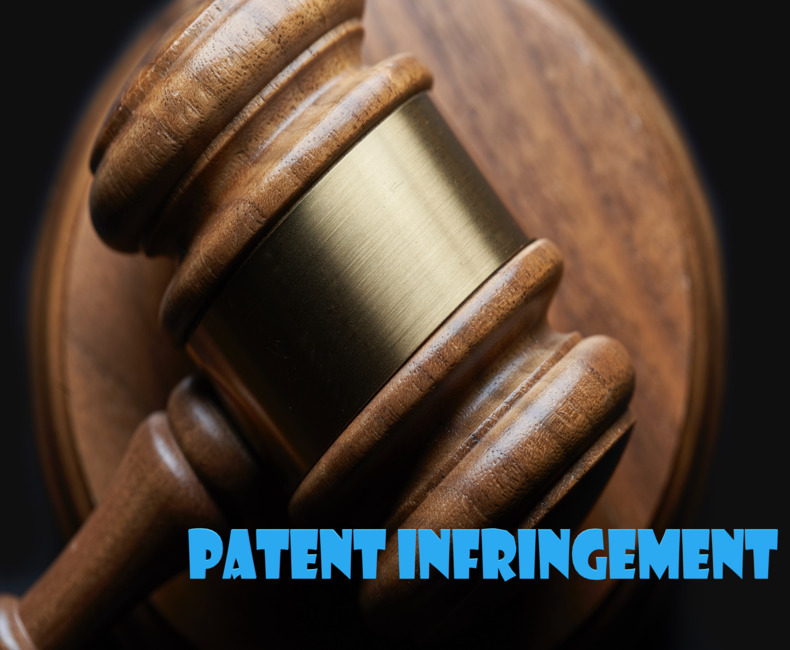Patent Infringement in India
Section related to Patent infringement in India
In India, patent infringement concerning a patented invention without prior permission from the patent holder is a prohibited act. A patent holder can grant permission, if required, in the form of a license. A patent infringement, usually for the usage or sale of the patented invention, may vary by jurisdiction. In several countries, a use is intended to be commercial to constitute patent infringement. Generally, the defined claims of the invention comprise the scope of the patented invention or the extent of protection required. In other words, the terms of the claims inform the public of what is not allowed without the patent holder’s permission. Patents are meant to be protective, and infringement is only possible in a country where a patent is enforced. The scope of protection varies from country to country. The respective patent office examines the invention according to their rules and regulation depending upon the patentability rules differences.
What are the Sections on Patent Infringement?
Patent infringement is the violation of the exclusive rights of the patent holder. The Indian Patents Act 1970 does not specifically define activities or situations that constitute patent infringement. Section 48 of the Patents Act gives the patent holder/ patentee an ‘exclusive right’ to exclude any third- party from making, using, offering, selling, manufacturing, etc. The patented invention/ product/ process during the valid term of the patent. This essentially creates monopolistic rights over the patented invention/ product/ process. Thus, any activity which violates such a monopoly can be considered a patent infringement. In patent infringement cases, the patent holder has the right to sue the infringing party to get relief and compensation for the damage caused. Sections 104-114 of the Act provide specific guidelines regarding patent infringement such as the burden of proof, defences, power of the courts, acts not amounting to infringement, reliefs, etc.
What is not an Infringement in India?
Government Use: The provisions of Section 47 of the Patents Act, 1970, lay down certain conditions for the grant of patents. The use of inventions by the government is one of the defined statutory exemptions to infringement. Under the ambit of Section 47, the government can use an invention at any time after filing the patent application or after granting patent rights to the patentee. Government can also authorize any person in writing for using an invention for the government’s use.
· It’s not considered infringement if the product uses recombinant DNA or RNA or Hybridoma technology. This law also includes genetic manipulation.
· If the infringed patent is related to the Food and Drug Administration, the court may make the effective date of penalties fall after the patent expires.
· In exceptional cases, an injunction against selling a product commercially may be reversed if it’s an approved drug or biological product for humans or animals.
Get in touch with the Brainiac Team




Java Burn Review
An impressive share, I just given this onto a colleague who was doing a little analysis on this. And he in fact bought me breakfast because I found it for him.. smile. So let me reword that: Thnx for the treat! But yeah Thnkx for spending the time to discuss this, I feel strongly about it and love reading more on this topic. If possible, as you become expertise, would you mind updating your blog with more details? It is highly helpful for me. Big thumb up for this blog post!